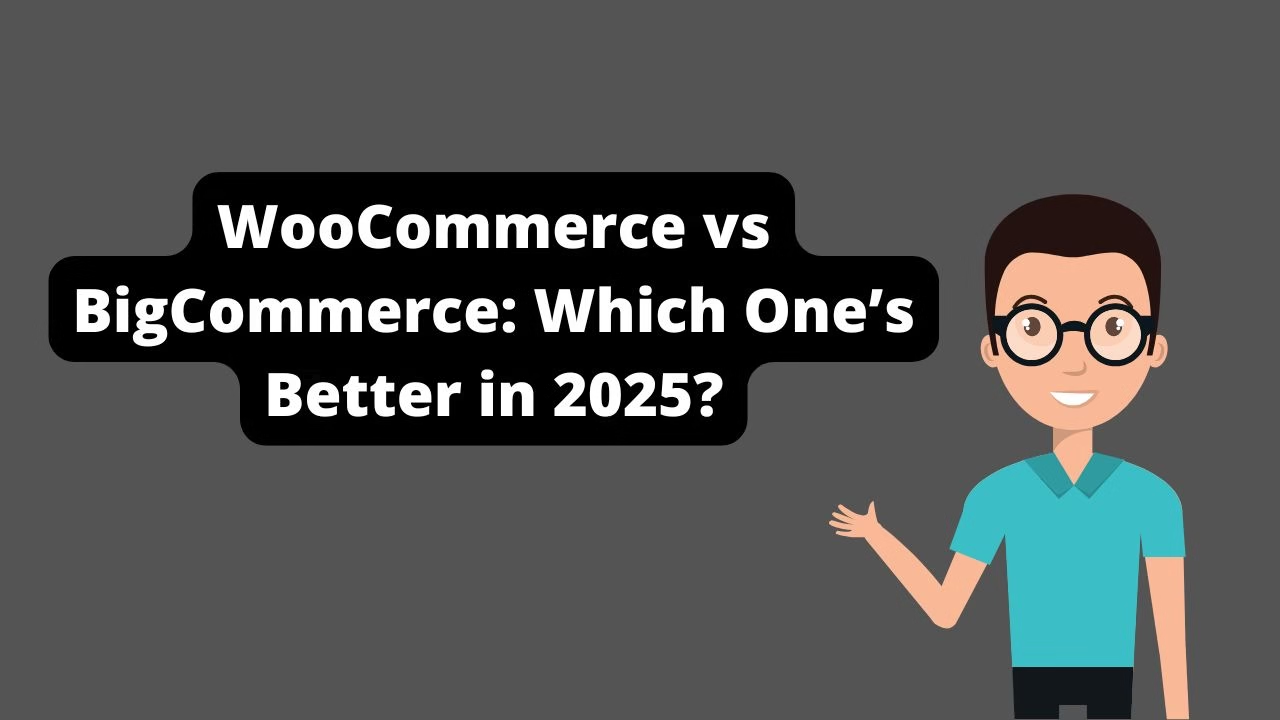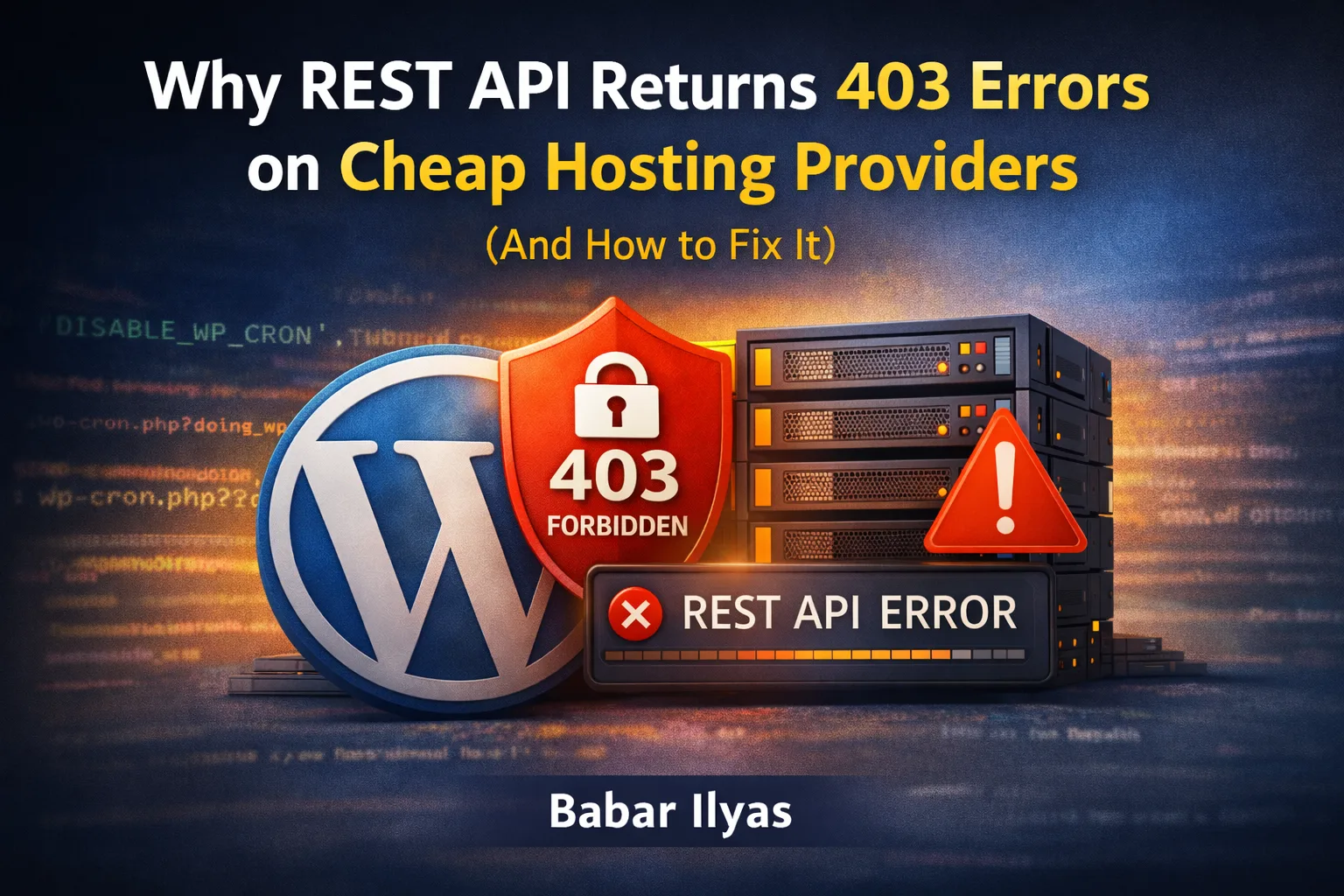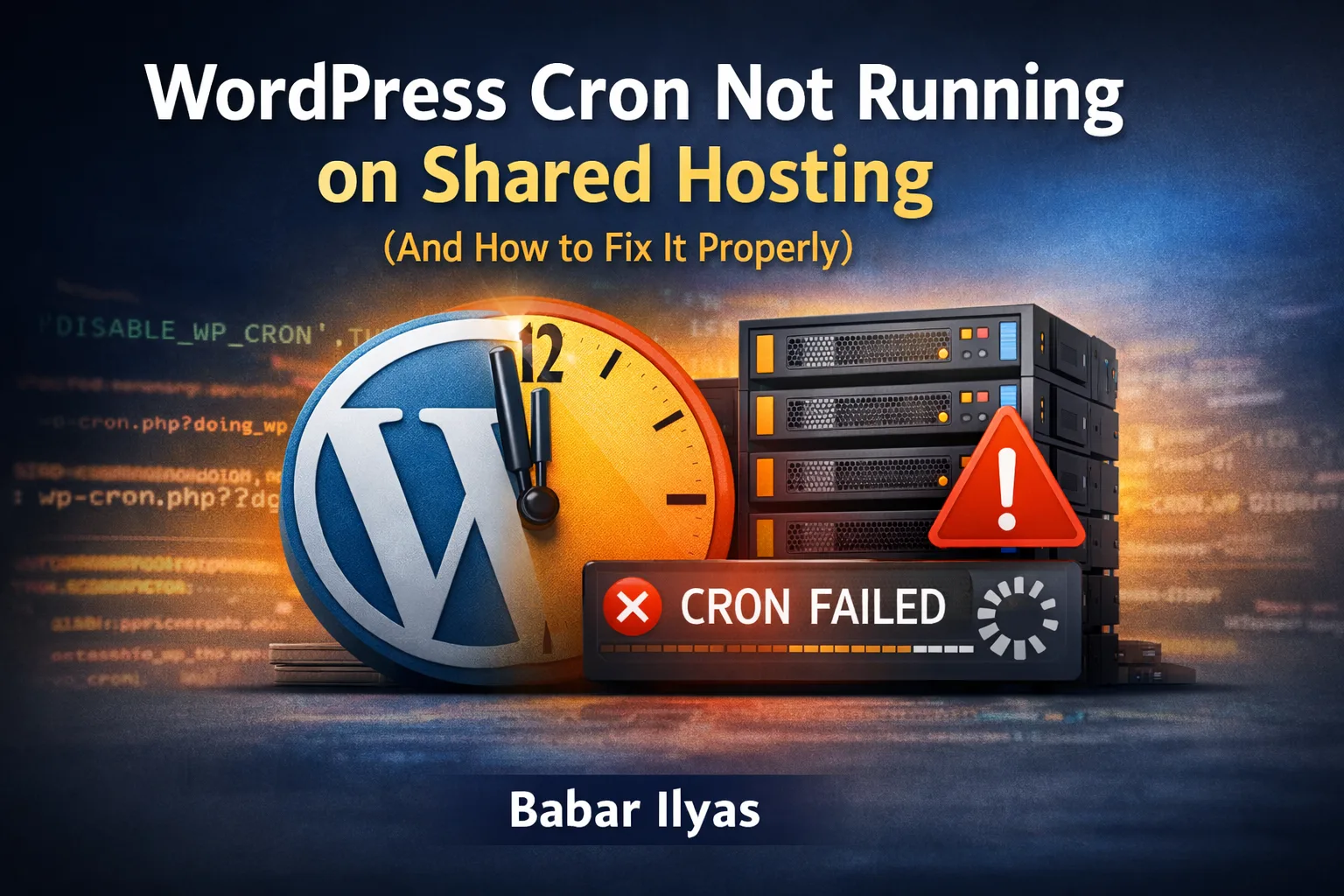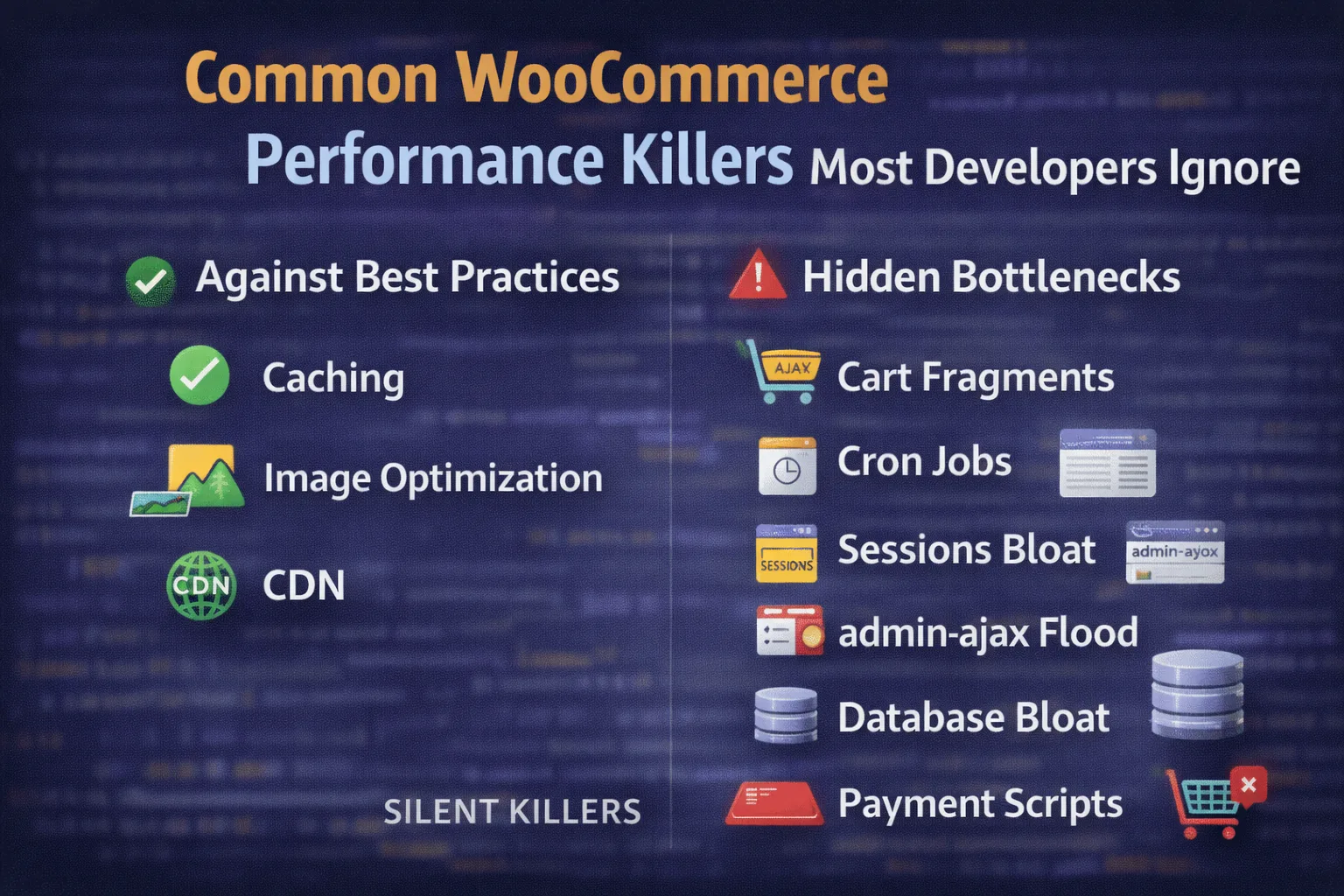It depends on your needs. WooCommerce offers more control and customization, while BigCommerce provides an all-in-one, managed solution ideal for non-technical users.
WooCommerce vs BigCommerce is one of the most searched ecommerce platform comparisons — and for good reason. If you’re launching an online store in 2025, choosing the right platform can affect your performance, flexibility, costs, and long-term growth. This guide compares the two in detail to help you decide which one suits your business needs best.
1. Overview
WooCommerce is an open-source plugin for WordPress, giving you full control over design, functionality, and hosting. It’s free to use but requires more setup.
BigCommerce is a fully hosted, all-in-one ecommerce platform. It includes hosting, security, and built-in features, making it ideal for users who want a more hands-off setup.
2. Ease of Use
- WooCommerce: Flexible but comes with a learning curve. Best for users comfortable with WordPress.
- BigCommerce: User-friendly dashboard, drag-and-drop builder, no need to manage hosting or updates.
3. Design & Themes
- WooCommerce: Thousands of free and premium WordPress themes. Fully customizable.
- BigCommerce: Offers modern themes, but fewer customization options unless you edit templates manually.
4. SEO Capabilities
- WooCommerce: Advanced SEO tools via plugins like Rank Math and Yoast. Full control over URLs, meta data, schema, and more.
- BigCommerce: Decent SEO features built-in, but more limited in flexibility compared to Woo.
5. Features & Extensions
- WooCommerce: Massive plugin ecosystem. You can add everything from subscriptions to memberships and multi-vendor support.
- BigCommerce: Fewer apps, but includes many features (like multi-currency, coupons, reviews) out of the box.
6. Payment Gateways
- WooCommerce: Supports all major gateways — PayPal, Stripe, Square, Razorpay, and more. You can even build custom ones.
- BigCommerce: Also supports a wide range of gateways but may charge transaction fees unless using their preferred partners.
7. Pricing
- WooCommerce: Free core plugin. Costs come from hosting, premium themes/plugins, and optional tools like CDNs.
- BigCommerce: Monthly pricing starting at ~$39. Plans are tiered based on sales volume.
8. Scalability
- WooCommerce: Infinitely scalable if you have a good host. Great for high-volume stores, but performance tuning is on you.
- BigCommerce: Scales well with built-in hosting and CDN. Perfect for businesses that want to grow without worrying about technical overhead.
9. Support
- WooCommerce: Community-driven. Support depends on your hosting provider or plugin/theme developers.
- BigCommerce: 24/7 customer support via phone, email, and chat. More centralized help experience.
10. Ideal For
- WooCommerce: DIY users, developers, and marketers who want full control and scalability.
- BigCommerce: Busy entrepreneurs and growing businesses who want a complete solution with less technical management.
Final Verdict: Which One’s Better?
There’s no one-size-fits-all answer in the WooCommerce vs BigCommerce debate. If you want full customization, flexibility, and control over SEO and hosting, WooCommerce is your best bet. If you prefer a hands-off solution with built-in features and centralized support, BigCommerce is the better choice.
Our Take:
- Choose WooCommerce if you’re already on WordPress or have a dev team.
- Choose BigCommerce if you need to launch fast and scale with less technical hassle.
Want to dive deeper? Check out our comparison on WooCommerce vs Shopify or explore our WooCommerce SEO guide.
Need help choosing the right ecommerce platform for your business model? Contact Babar Ilyas for a free consultation and platform strategy session.




